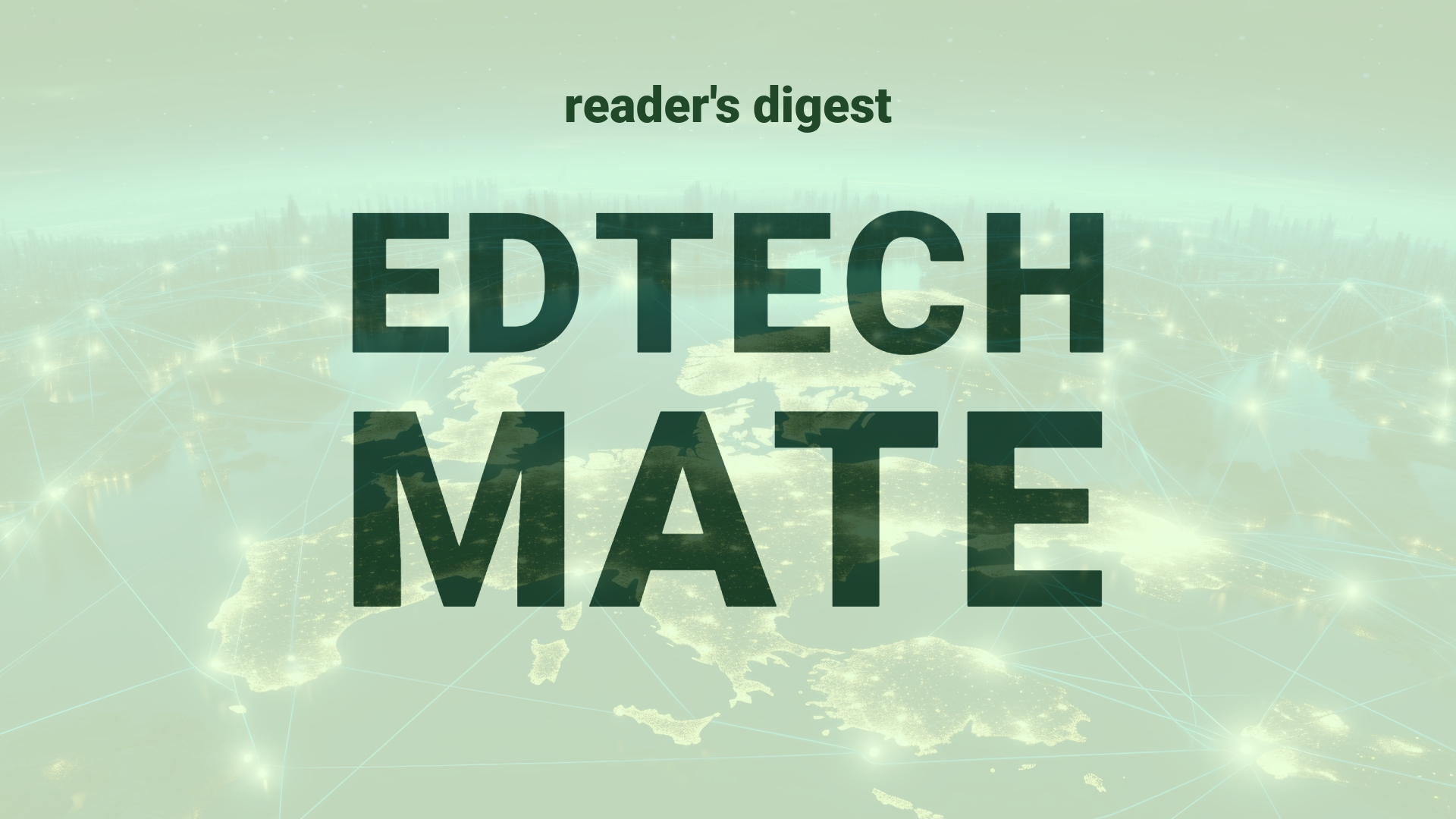“`html
Executive Summary and Main Points
In an environment marked by digital transformation and the increasing importance of data-driven decision-making, vital insights into PhD education trends emerge. Key advice from academic supervisors includes adopting a patient, long-term approach to research, emphasizing that a PhD is a marathon and not a sprint. The importance of embracing failure as a learning opportunity and a sign of ambitious scholarship is highlighted. The adage that “failing fast and often” is essential for growth is underscored, suggesting a culture shift towards resilience and perseverance. Furthermore, a focus on aiming high in research publications, despite potential rejections, points toward fostering a competitive but innovative academic spirit. Lastly, the significance of compelling science communication and the value of presentation skills over mere data exposition is recognized, shifting the emphasis from information transfer to engaging storytelling.
Potential Impact in the Education Sector
The insights gleaned could have a transformative impact on Further Education, Higher Education, and Micro-credentials sectors. These advice pieces spotlight the need for rigorous yet flexible research processes, accommodating the iterative nature of discovery in academic pursuits. In terms of strategic partnerships, fostering environments that encourage healthy risk-taking and innovation in research can lead to more robust collaborations between institutions and industry partners. Digitalization in the education sector is beneficial not only for operational efficiency but also in preparing students and researchers to adapt to and use digital tools effectively for dissemination of their work and collaboration in a global academic community.
Potential Applicability in the Education Sector
The recommendations can be integrated into the education sector through innovative applications of AI and digital tools. AI can be instrumental in identifying research trends, predicting experimentation outcomes, or streamlining peer-review processes in publication. The cultivation of digital communication platforms can cater to improved presentation and storytelling techniques, making science and research more accessible and engaging. Virtual reality could be harnessed to simulate experimental setups, allowing for faster, risk-free iterations of experimental procedures, and fostering a fail-fast approach within a controlled environment.
Criticism and Potential Shortfalls
While embracing failure is acknowledged as a positive step, it must be balanced with structured guidance to prevent demoralization. The emphasis on rapid experimentation could undervalue the depth of reflective thought in research. Moreover, not all cultural or educational contexts may support a high tolerance for failure, raising ethical questions about the universality of this advice. An excessive focus on presentations could potentially overshadow the substance of research. Additionally, a potential over-reliance on digital tools might lead to neglect of fundamental research skills and critical thinking.
Actionable Recommendations
To implement these technologies and philosophies effectively, international education leadership should consider embedding these strategies within their curriculums and research methodologies. Institutions might invest in workshops that focus on developing resilience in research, offer training in digital storytelling and presentation skills for researchers, and leverage AI to support the research lifecycle. Additionally, establishing mentorship programs that emphasize strategic risk-taking and iterative learning could cultivate a culture that reframes failure as a stepping stone to success.
“`

